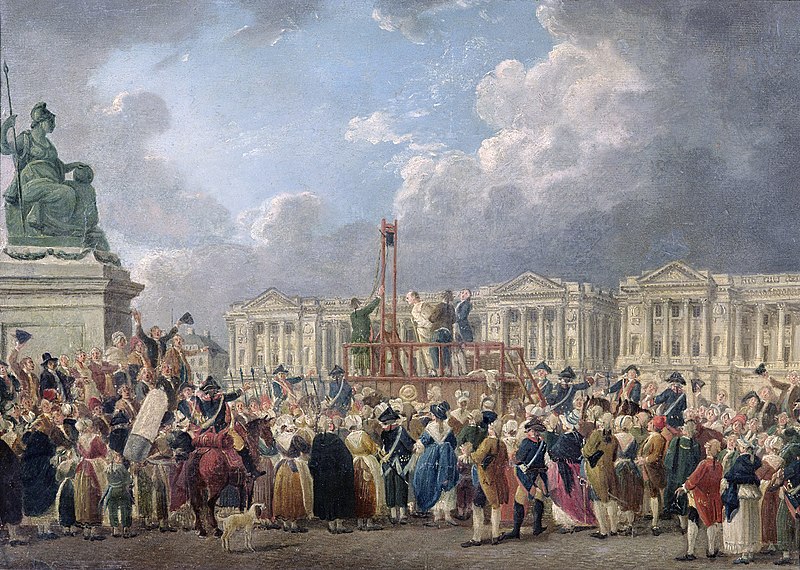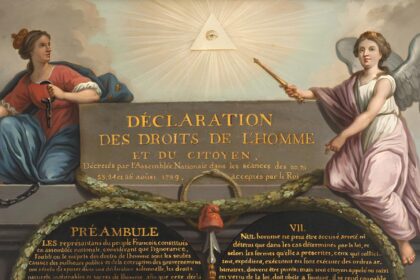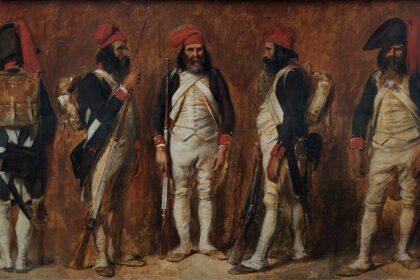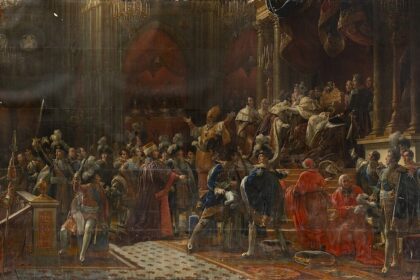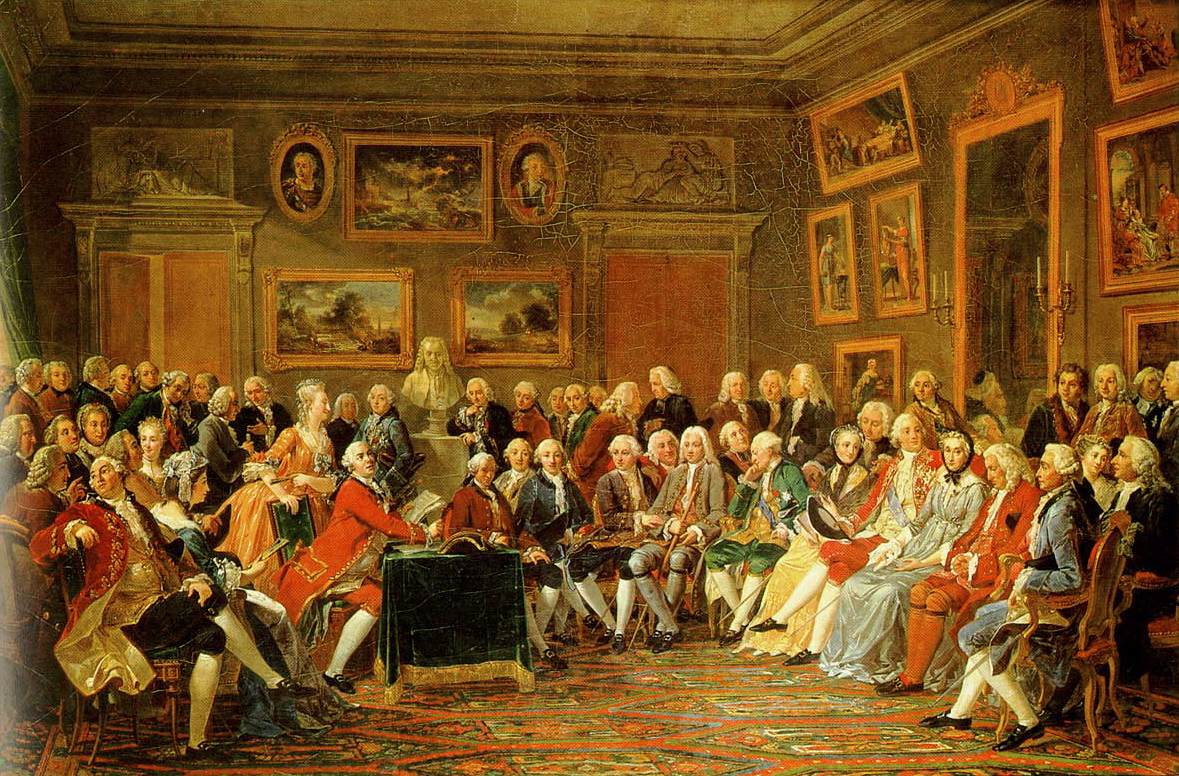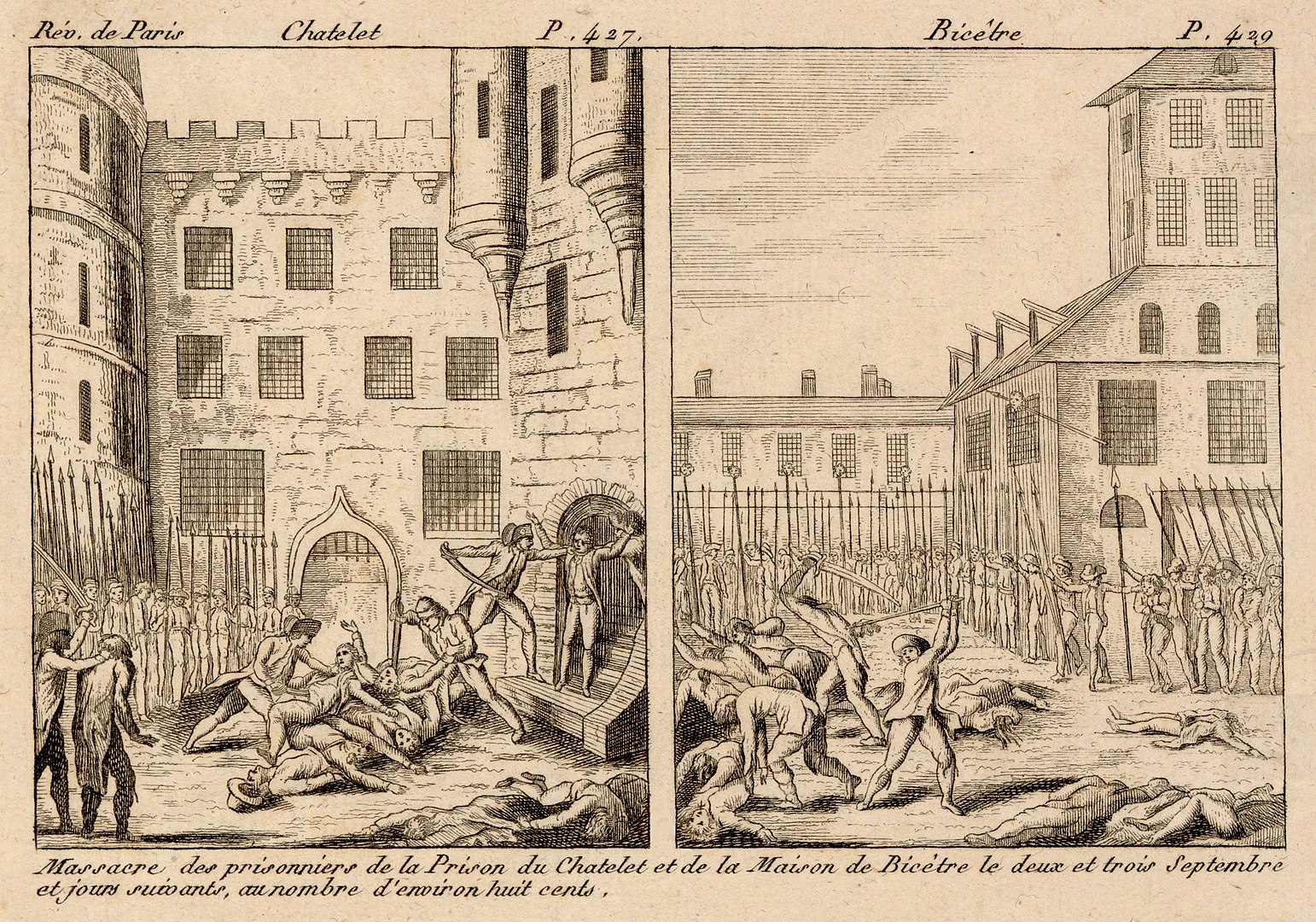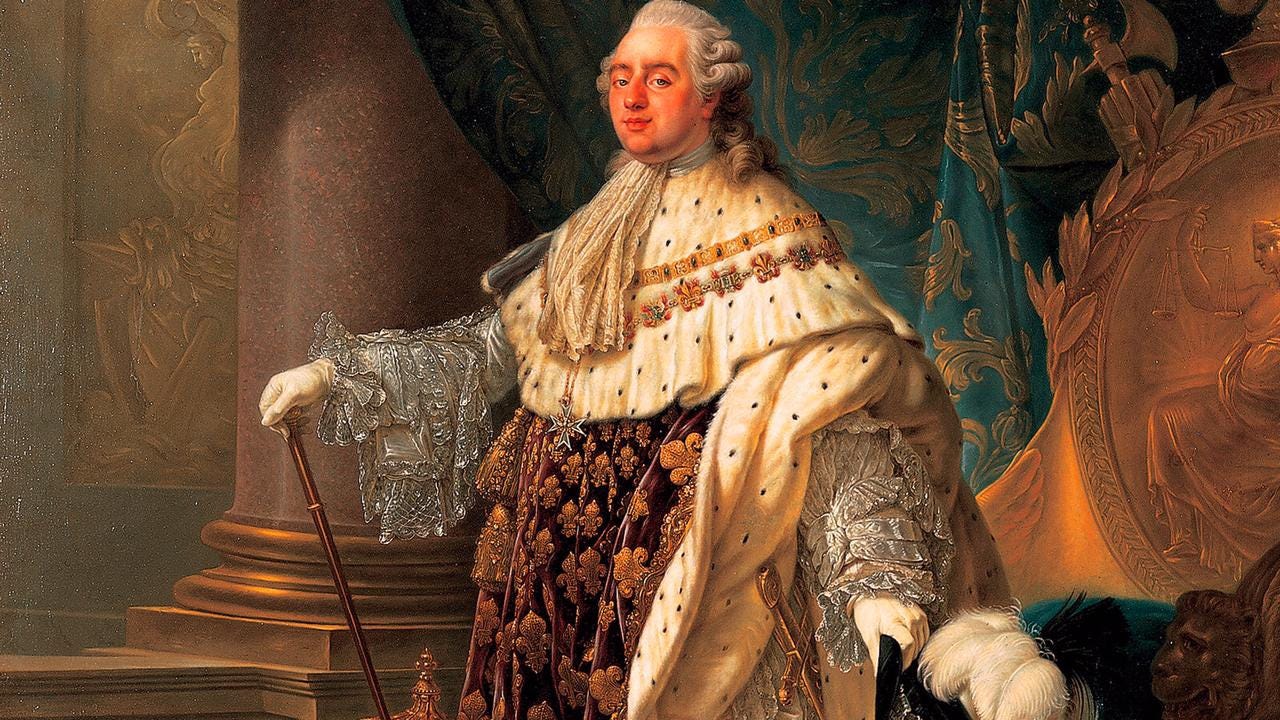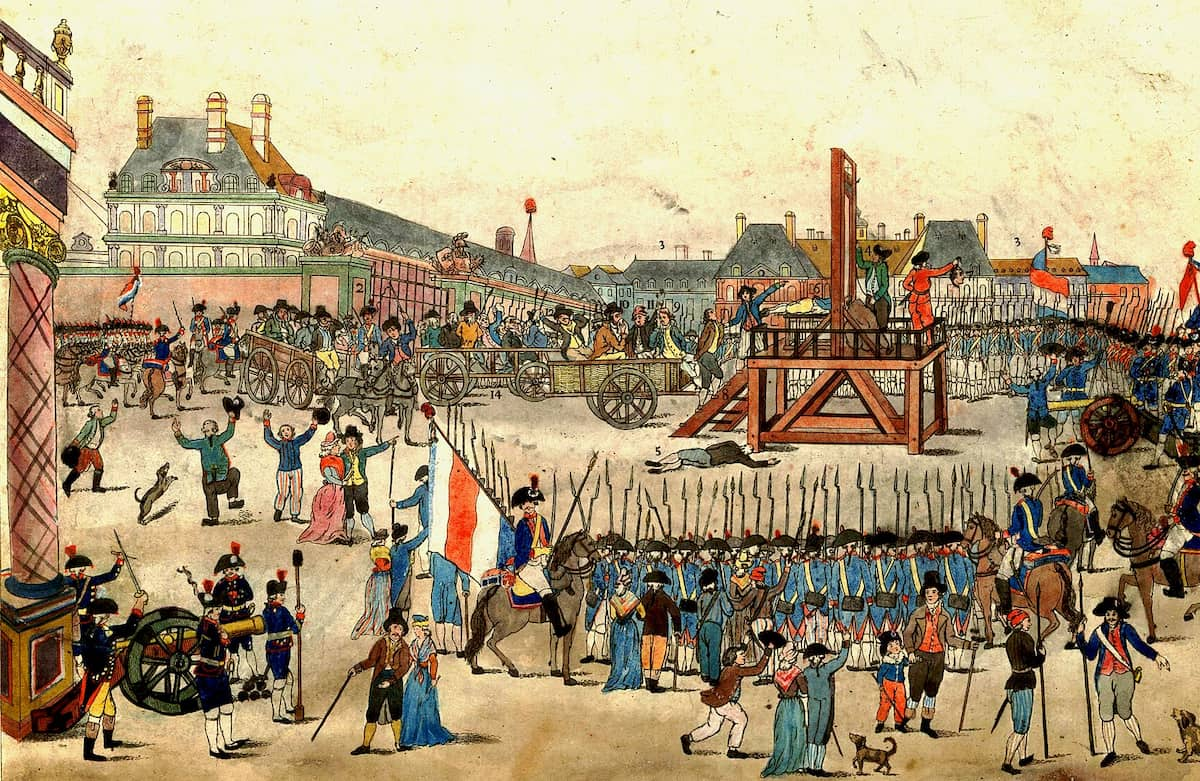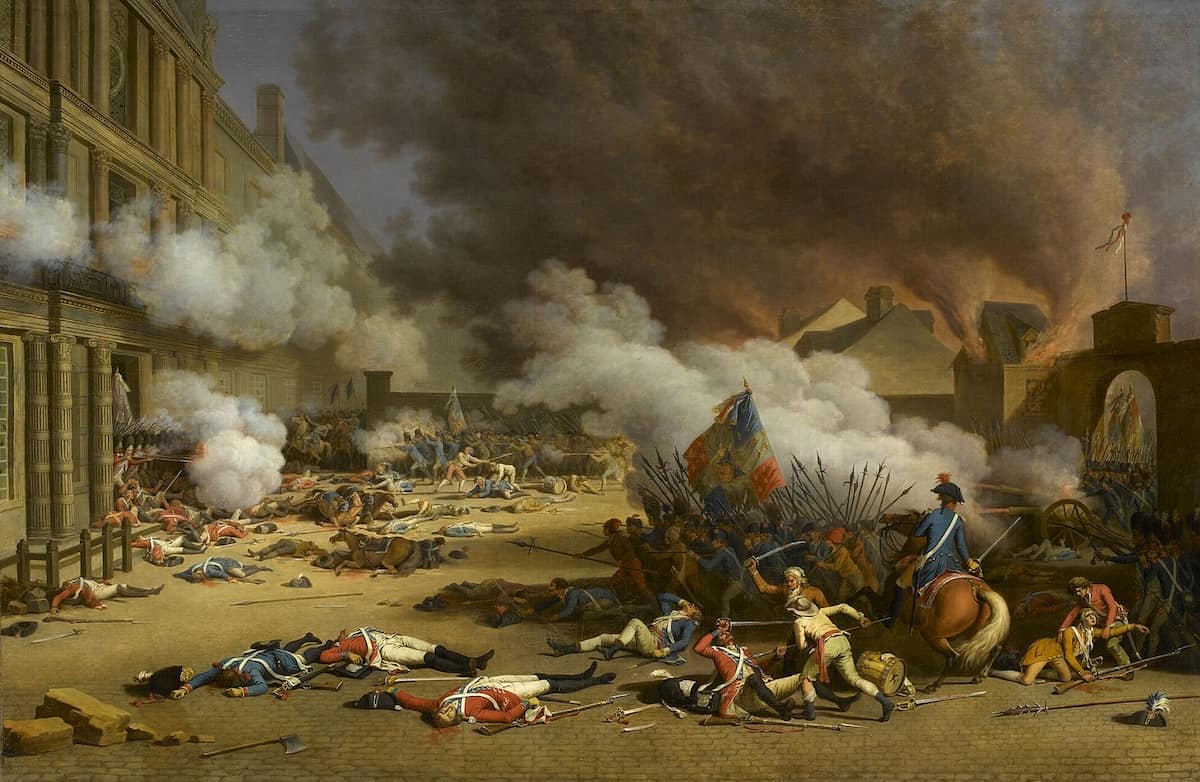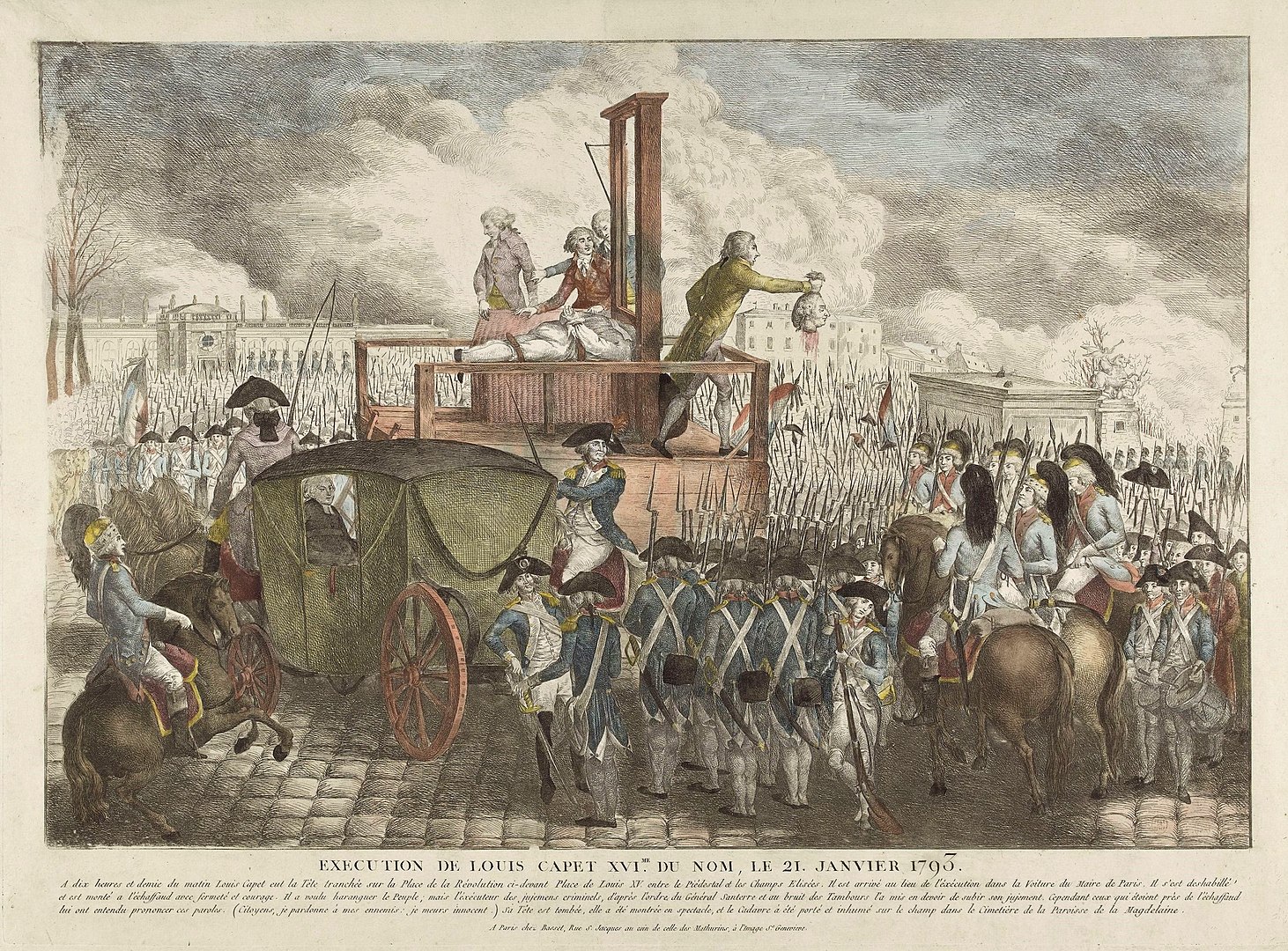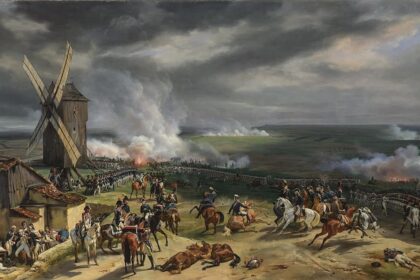If the French Revolution, which took place from 1789 to 1799, had not occurred, the course of history would have been significantly altered. The Revolution was a pivotal moment that affected not only France but also Europe and the world, with its influences continuing to shape modern societies.
Had the French Revolution not taken place:
France: The French Revolution brought an end to feudalism and paved the way for individual freedoms. Without the Revolution, the French king would likely have remained an absolute figure, and the nobility would have retained their privileges.
The rise of new ideas rooted in liberalism, enlightenment, and democracy would have been suppressed. France’s political, social, and cultural development would have followed a different path, potentially delaying the emphasis on universal rights, the secularization of the state, and the concept of equality.
Europe: The French Revolution and the subsequent Napoleonic era spread revolutionary ideals across Europe, leading to significant political and social changes. Without the Revolution, the rise of modern nationalism may have been delayed, and the Holy Roman Empire might have continued to exist, hindering German unification. The reforms and modernization efforts implemented by the French in conquered territories, such as the abolition of feudal privileges and the introduction of legal reforms, would not have occurred.
Global Impact: The French Revolution inspired revolutionary movements across Europe and the Americas. The Haitian Revolution, which led to the first successful slave revolt, was one such example. Without the French Revolution, the spread of revolutionary ideals, human rights, and constitutional government may have been significantly slower. The United States might not have been able to purchase Louisiana from France, impacting American expansion.
It is important to note that some historians view the French Revolution as a violent and tumultuous period. Nevertheless, it remains a transformative event with a lasting impact on France and the world.
How would European politics have evolved without the French Revolution
Without the French Revolution, European politics would have evolved in a markedly different manner, particularly regarding the concepts of nationalism, democracy, and the balance of power among states.
Nationalism and State Formation: The French Revolution played a crucial role in the rise of nationalism across Europe. It challenged the legitimacy of dynastic rule and inspired various national movements.
Without this upheaval, the concept of nation-states may have developed more slowly, leading to a continuation of multi-ethnic empires like Austria-Hungary and the Ottoman Empire without significant nationalist challenges. The absence of revolutionary fervor might have allowed these empires to maintain their territorial integrity longer, delaying the unification of countries like Germany and Italy.
Political Ideologies: The Revolution introduced radical ideas about popular sovereignty, civil rights, and republicanism that spread throughout Europe. In its absence, conservative monarchies would likely have retained greater control over their populations. The ideological battle between liberalism and conservatism would have been less pronounced, potentially stymying social reforms and delaying the emergence of democratic institutions in many European nations.
International Relations and Warfare: The French Revolution and subsequent Napoleonic Wars significantly altered the European balance of power. Without these events, the Congress of Vienna might not have occurred in 1815, which aimed to restore stability through a balance of power among European states.
Instead, Europe could have remained fragmented under various monarchies without a concerted effort to create a stable international order. This might have led to more localized conflicts rather than large-scale wars driven by revolutionary ideologies.
Social Change and Reform Movements: The absence of revolutionary ideas would likely have resulted in slower social change. Reforms concerning feudal privileges, civil rights, and secular governance might not have gained traction until much later.
Consequently, social classes would remain more rigidly defined, preserving aristocratic privileges for an extended period. In summary, without the French Revolution, European politics would likely be characterized by stronger monarchies with less emphasis on nationalism and democracy.
The revolutionary ideals that inspired widespread change across the continent would be significantly muted, leading to a different trajectory for state formation, political ideologies, international relations, and social reform movements.
How might the social structure in France look today if the Revolution had not occurred
If the French Revolution had not occurred, the social structure in France today would likely be significantly different, characterized by a more rigid hierarchy and the persistence of aristocratic privileges.
Preservation of Aristocracy: Without the Revolution, the aristocracy would likely have maintained much of its traditional power, wealth, and social status. The nobility might still possess significant land holdings and exert considerable influence in politics and the economy.
Limited Social Mobility: The French Revolution promoted social mobility by dismantling the feudal system and opening opportunities for commoners to rise in society. Without the Revolution, social mobility would likely be far more restricted, with individuals largely confined to the social class into which they were born.
Economic Structure: The economic structure might still be heavily influenced by traditional landed elites, with less emphasis on industrialization and entrepreneurship. The rise of a strong middle class, which was fostered by the Revolution, would likely be stunted.
Influence of the Church: The Catholic Church might retain much of its pre-Revolution influence, playing a significant role in education, social welfare, and even politics. The secularization of society, which was accelerated by the Revolution, would likely have been delayed or limited.
Absence of Republican Values: The values of liberté, égalité, fraternité (liberty, equality, fraternity) that became central to French identity would likely be absent. Instead, the social order would be based on deference to authority and tradition.
Overall, the social structure of France today, without the French Revolution, would likely resemble a more traditional, hierarchical society with limited social mobility, significant aristocratic privilege, and a strong influence of the Church. The principles of equality and individual rights, which have shaped modern French society, would likely be far less prominent.



